What is Heart Ablation?
Ablation is a common cardiac arrhythmia characterized by irregular heartbeats. Ablation surgery involves using energy sources like radiofrequency or cryoablation to create controlled lesions in the heart, disrupting faulty electrical signals and restoring normal rhythm. With high AF ablation success rates, it provides lasting relief from atrial fibrillation symptoms.
Types of Heart Ablation Techniques:
- Radiofrequency Ablation: Uses radiofrequency energy to create targeted lesions, correcting abnormal heart rhythms.
- Cryoablation: Employs freezing temperatures to ablate affected heart tissue, preventing irregular electrical signals.
- Laser Ablation Atrial Fibrillation: Involves laser technology for precise ablation and reduced tissue damage.
| Procedure Name | Cardiac Ablation |
|---|---|
| Type of Surgery | Minor |
| Type of Anesthesia | General |
| Procedure Duration | 2 to 6 hours |
| Recovery Duration | Several weeks |
Cardiac Ablation: Pre-Op & Post-Op Care
Pre-Procedure Evaluation
Prior to ablation, a thorough assessment is conducted, including medical history, electrocardiogram (ECG), and potentially advanced imaging studies.
During the Cardiac Ablation
Ablation surgery is typically performed in a cardiac catheterization lab. Patients are sedated or given general anesthesia, and a catheter is used to reach the heart and perform the ablation.
Ablation Procedure Duration
The duration of ablation varies, typically taking between 2 to 6 hours depending on the complexity and type of ablation used.
Recovery and Post-Procedure Care
Patients are monitored in an ablation recovery unit and typically stay in the hospital for observation for one to two days. Discharge instructions include restrictions on physical activity and medications to support healing.
Follow-Up Care
Follow-up appointments are crucial to monitor recovery, ensure proper healing, and evaluate the effectiveness of the ablation. The cardiology team will provide additional treatment recommendations if needed.
Benefits of Cardiac Ablation at Yashoda Hospitals
- Restores normal heart rhythm, easing symptoms
- Lowers stroke risk and related complications
- Improves quality of life, lessens medication reliance
- Minimally invasive with quick recovery time




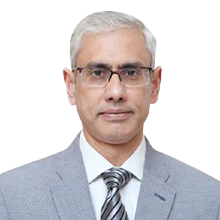
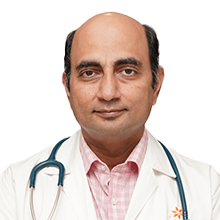
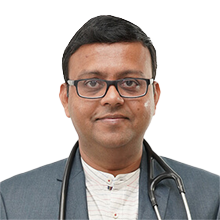
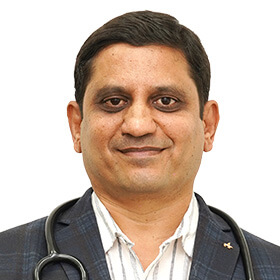

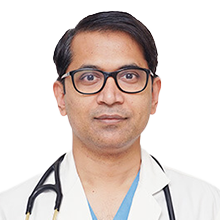
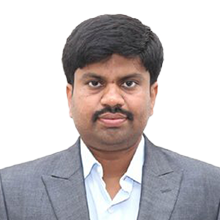
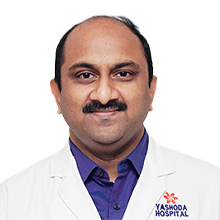

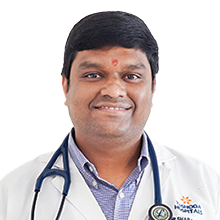
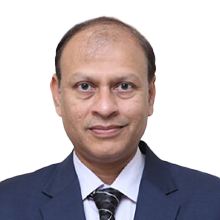
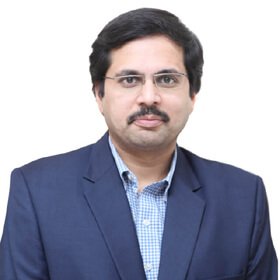
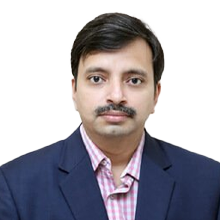
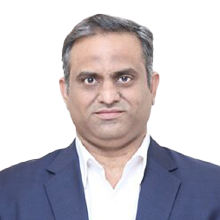
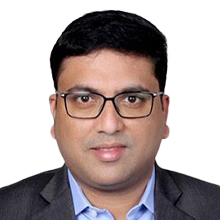
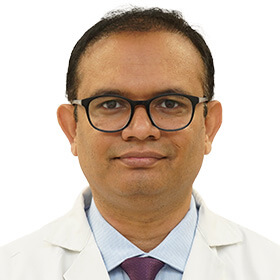
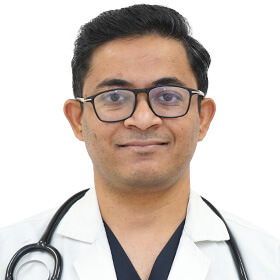
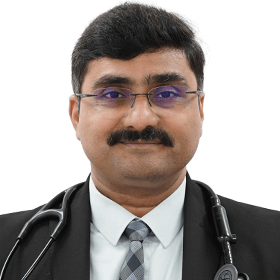
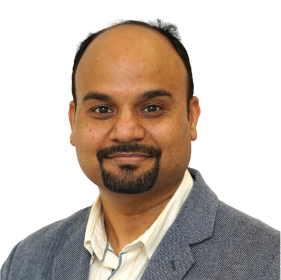

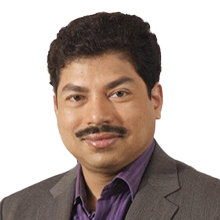

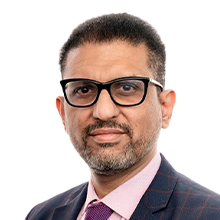

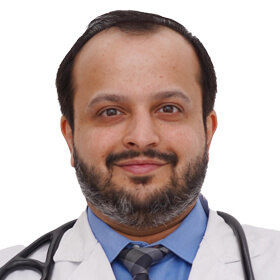
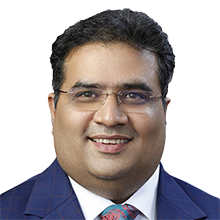
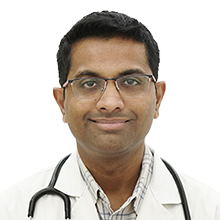












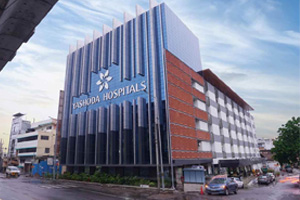
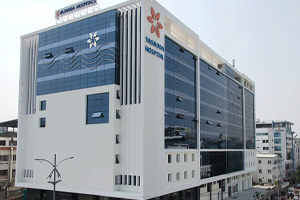
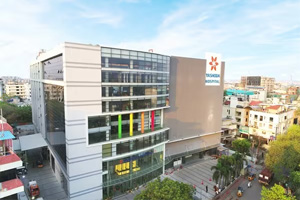
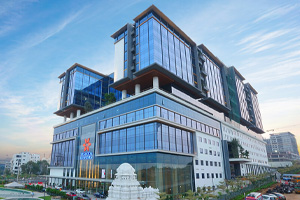
 Appointment
Appointment WhatsApp
WhatsApp Call
Call More
More